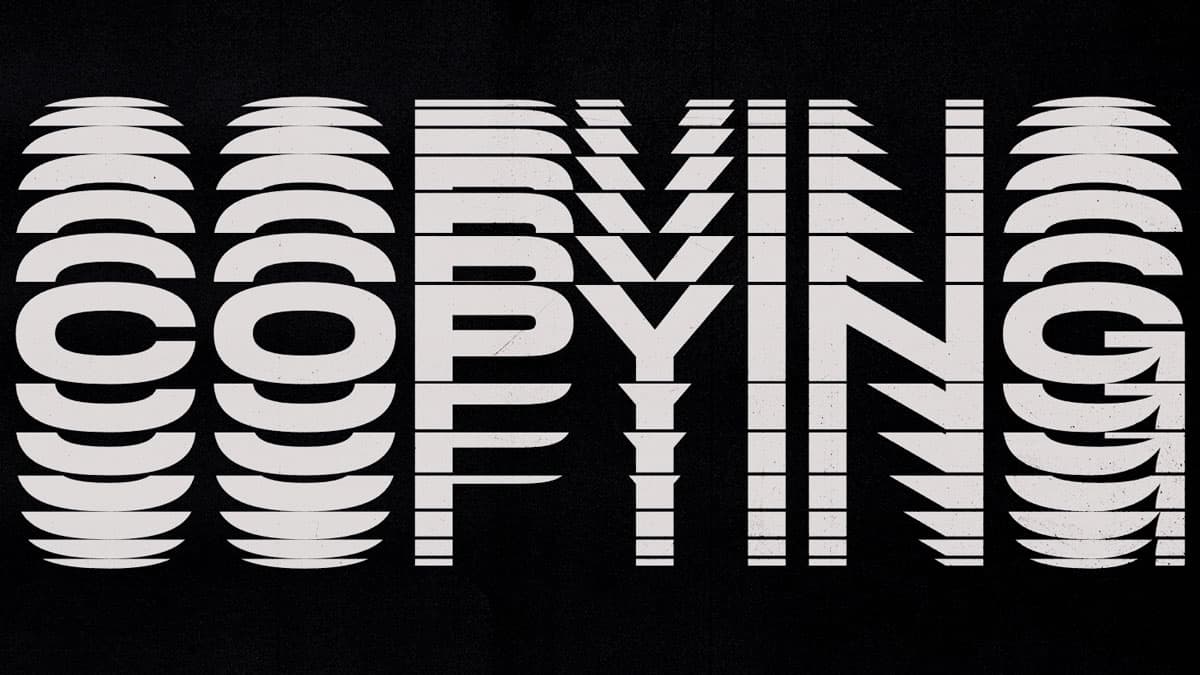Baldur Bjarnason
“Adactio: Links—Copying is the way design works – Matthew Ström: designer & developer”adactio /links/17585
A people’s history of copying, from art to software.
Designers copy. We steal like great artists. But when we see a copy of our work, we’re livid.

“Adactio: Links—Copying is the way design works – Matthew Ström: designer & developer”adactio /links/17585
Time and again, organizations have sought to contain software’s most troublesome tendencies—its habit of sprawling beyond timelines and measurable goals—by introducing new management styles. And for a time, it looked as though companies had found in Agile the solution to keeping developers happily on task while also working at a feverish pace. Recently, though, some signs are emerging that Agile’s power may be fading. A new moment of reckoning is in the making, one that may end up knocking Agile off its perch.
I wonder if I have twenty years of experience making websites, or if it is really five years of experience, repeated four times.
I saw Frank give this talk at Mirror Conf last year and it resonated with me sosomuch. I’ve been looking forward to him publishing the transcript ever since. If you’re anything like me, this will read as though it’s coming from directly inside your head.
In one way, it is easier to be inexperienced: you don’t have to learn what is no longer relevant. Experience, on the other hand, creates two distinct struggles: the first is to identify and unlearn what is no longer necessary (that’s work, too). The second is to remain open-minded, patient, and willing to engage with what’s new, even if it resembles a new take on something you decided against a long time ago.
I could just keep quoting the whole thing, because it’s all brilliant, but I’ll stop with one more bit about the increasing complexity of build processes and the decreasing availability of a simple view source:
Illegibility comes from complexity without clarity. I believe that the legibility of the source is one of the most important properties of the web. It’s the main thing that keeps the door open to independent, unmediated contributions to the network. If you can write markup, you don’t need Medium or Twitter or Instagram (though they’re nice to have). And the best way to help someonewritemarkup is to make sure they canreadmarkup.
An interesting piece by Jessica Kerr that draws lessons from the histories of art and science and applies them to software development.
This was an interesting point about the cognitive load of getting your head around an existing system compared to creating your own:
Why are there a thousand JavaScript frameworks out there? because it’s easier to build your own than to gain an understanding of React. Even with hundreds of people contributing to documentation, it’s still more mental effort to form a mental model of an existing system than to construct your own. (I didn’t say it was faster, but less cognitively strenuous.)
And just because I’ve spent most of last year thinking about how to effectively communicate—in book form—relatively complex ideas clearly and simply, this part really stood out for me:
When you do have a decent mental model of a system, sharing that with others is hard. You don’t know how much you know.